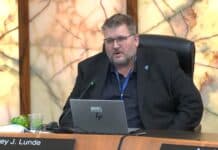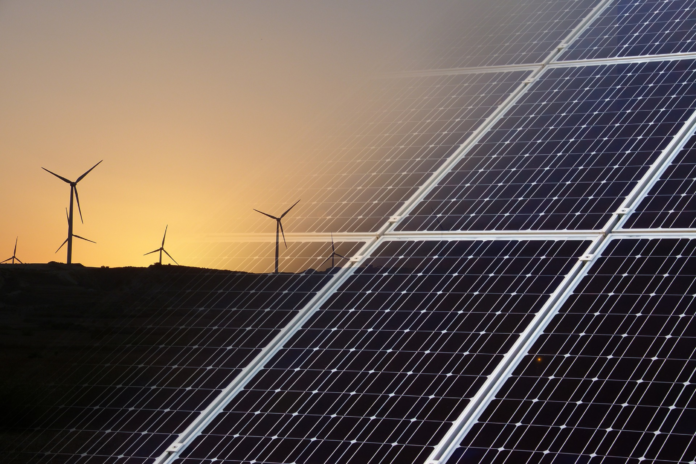A recent survey shows a considerable difference among Minnesota voters between their support for clean energy and their knowledge of its costs.
Center of the American Experiment, a Minnesota-based think tank, conducted a survey of 500 Minnesota voters from Aug. 30 to Sept. 2. The survey asked for their ratings and views on various energy sources, Gov. Tim Walz’s 100% clean energy plan, and to what extent the plan would impact the climate.
Sixty-seven percent of respondents said solar was “good” to “very good” for the environment, while 59% said the same about wind.
Interestingly, only 21% believe nuclear energy is good for the environment, with just 5% of Democrats considering it very good, which puzzled the survey conductors because nuclear energy is quite clean.
“Democrats rate the environment as the top issue facing the state while simultaneously opposing the cleanest sources of energy — it makes no sense,” said Isaac Orr, a policy fellow for energy and the environment at American Experiment, according to a press release.
The American Experiment release adds that nuclear energy produces “zero emissions and [uses] far fewer raw materials than other energy sources.”
Another 58% of voters support Gov. Walz’s clean energy plan, which will require 100% of Minnesota’s energy to come from clean sources by 2040, though the survey found that voters don’t necessarily support its high financial and ethical costs.
According to American Experiment, Gov. Walz’s plan would require a substantial increase in copper, nickel, and cobalt mining, which would likely be done by child slave labor in Africa. Seventy-nine percent of respondents said they would be less likely to support the plan if they knew this was the case.
Sixty-five percent said they may not support the plan if they knew about the United States’ dependence on China for the metals needed to build wind turbines, solar panels, and batteries. And another 61% would be hesitant to lend their support if it meant a greater chance of blackouts, such as the one experienced by millions of Texans during a February deep freeze.
More survey results showed that only one in five Minnesotans are willing to pay at least $500 each year to help reduce the effects of climate change. Almost two in five said they would rather not pay anything.
And then when asked how successful Gov. Walz’s plan would be at reducing climate change by 2100, nearly half of all respondents said it wouldn’t decrease climate change or would only decrease it by less than a degree.
“In order to achieve the results promised by lofty sounding proposals such as Tim Walz’s ‘Green New Deal,’ Minnesotans would have to sacrifice their money, their values, their land and most importantly, their comfort knowing we won’t experience blackouts in the middle of a polar vortex,” American Experiment concluded. “Once the public learns the real costs of renewable energy sources, their support for these sources diminishes drastically.”










